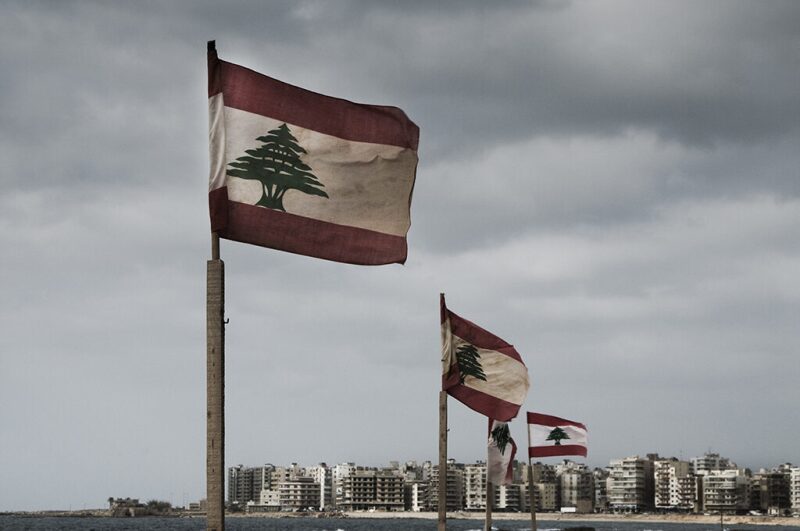No gas or commercial reservoirs have been found in the first-ever exploration well off Lebanon’s coast, according to Energy Minister Raymond Ghajar and the Total exploration firm.
While initial drilling results showed the presence of gas at different depths in the geological layers, after 2 months only traces of gas were detected.
The failure quashed the country’s hopes of a major hydrocarbon discovery that might have redressed the debt-burdened economy. Lebanon is one of the most indebted countries in the world, with a burden equivalent to 170% of its gross domestic product.
Data and learnings from Block 4 will be used to strategize how best to probe Block 9, where exploration has been more controversial since Israel also claims ownership.
A consortium of France’s Total, Italy’s Eni, and Russia’s Novatek signed an agreement with Lebanon in 2018 to explore for oil and gas in offshore Blocks 4 and 9 near the Israeli border.
Lebanon is on the Levant Basin in the eastern Mediterranean, where big subsea gas fields have been discovered since 2009, including the Leviathan and Tamar fields located in Israeli waters near the disputed marine border with Lebanon.

